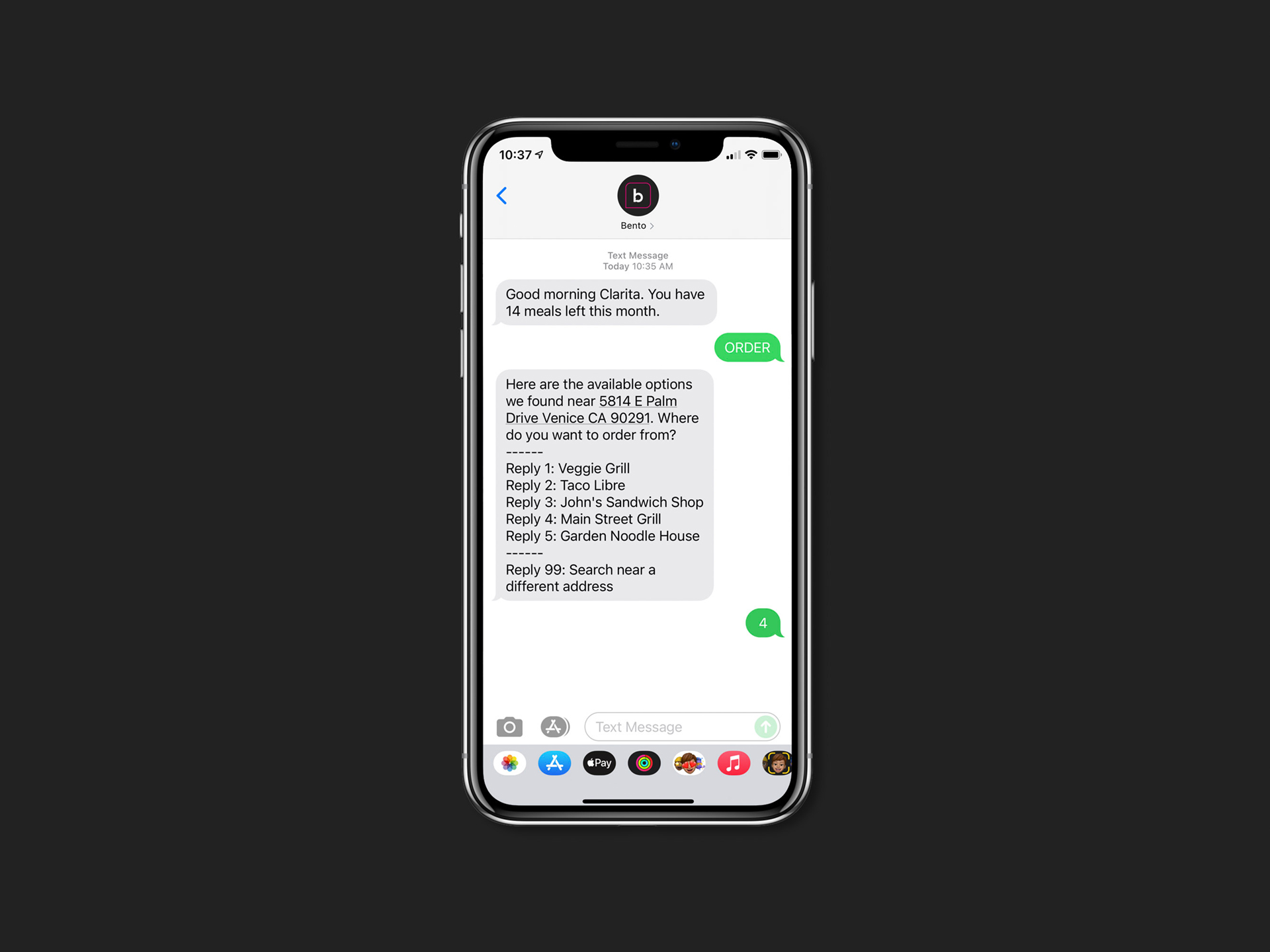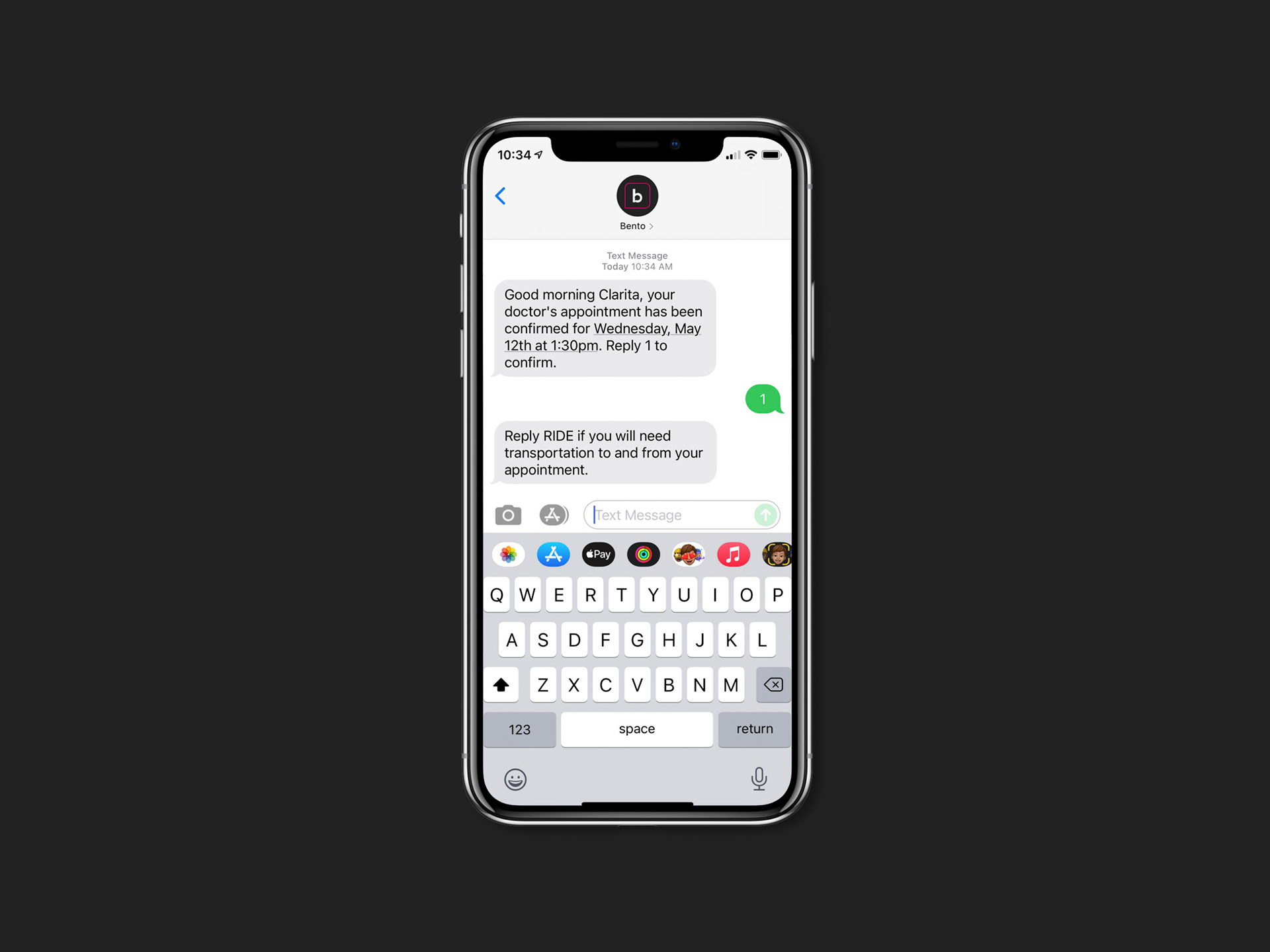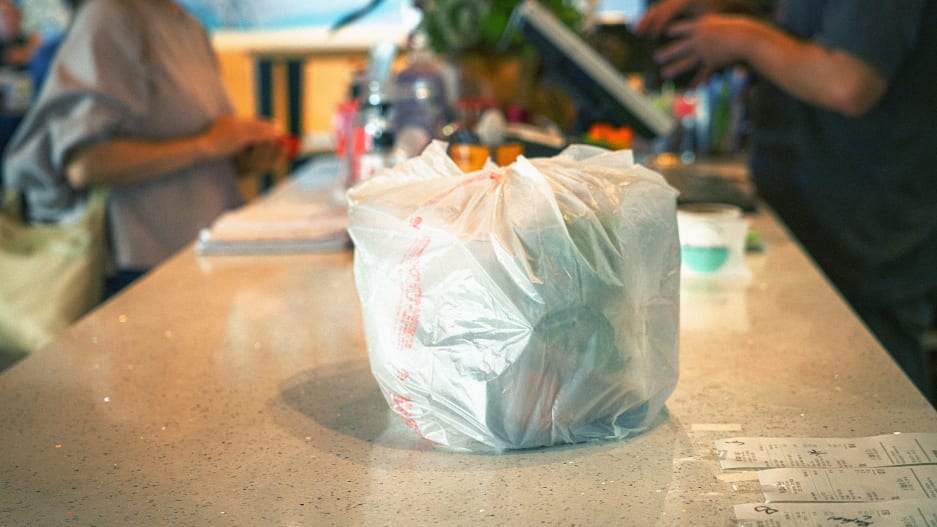Hunger-relief organization Feeding America estimated that the pandemic could cause 17 million more people to become food insecure, bringing the total of at-risk Americans to about 54 million. According to an NYU survey, 15% of households, and 18% of households with children, reported food insecurity during the early stages of the crisis. Meanwhile, nearly 40% of all food in America, amounting to about 108 billion pounds, goes to waste.
When tech startup Bento launched in March 2020, it was reacting to a heightening of hunger during COVID-19, aiming to connect the food surplus with the hungry. Now, armed with proof of impact from its first year and a half, as well as data insights from its work with digital-transformation firm Genpact, Bento is evolving—unlocking access to other social support in an effort to help its users focus on their future, not just where their next meal is coming from.

[Image: Bento]
Bento, a spinoff of the tech incubator Not Impossible Labs (which aims to solve problems that most consider impossible), has so far delivered 200,000 meals using its SMS system in which its users send a text and immediately receive options for nearby restaurants or grocery stores offering free meals. Bento works with nonprofits on one end to register food-insecure individuals, and food providers on the other, who distribute the same meals they serve paying customers. The restaurants don’t have to change their workflow to provide the food and participants picking up food don’t feel the stigma often associated with getting a free meal.Guarding people’s dignity is a key tenet for Bento. Governmental assistance programs like SNAP “don’t necessarily value that aspect of dignity as much as they possibly could,” says Susan Williams, the company’s director of communications. They can also be limiting in terms of what recipients get on their plates. In contrast, Bento wants to create a climate in which people can comfortably declare their needs and preferences, receiving meals fit for diabetic, vegan, or gluten-free diets.
An example of this versatility of offerings: Bento received a grant from the Detroit Area Agency on Aging, a nonprofit that serves the elderly and their caregivers, in specific support of Muslim, Hispanic, and African American residents. Before, the meals they were getting were not religiously or culturally appropriate, so much so that the organization observed its clients were opting out of receiving food at all. The partnership helps provide a way for them to receive “nutritional food support from restaurants that are actually appealing,” Williams says.

[Image: Bento]
If people are getting good, nutritious food, it contributes to favorable health outcomes in general, affording them the ability to focus on other aspects of their lives. Realizing this, Bento now aims to actively help these individuals improve other conditions by connecting them to resources for housing, education, job training, and mental health. “We’re coming in as a food resource,” Williams says, but “our program flexes by design to meet those different criteria.”
In Memphis, Bento partnered with HIV/AIDS support organization Friends For Life to help its clients continue to stay eligible for social services. Becky Roland, the nonprofit’s nutrition manager, reported that four clients in one week reenrolled in care after getting Bento’s text reminders. “This means they are seeing their doctors, taking their medications, and receiving food and other social support,” she said in a statement.
If nutritious food is the route to better health outcomes, Bento wants to prove to healthcare providers that it’s worth the investment. Next year, it will roll out a pilot demonstrating the cost benefit for the healthcare industry to create a reimbursement model for healthy food as a preventative measure: It can save money in the long run as chronic dietary-related conditions like diabetes and heart disease are reduced. The CDC reported that food-insecure adults increased annual healthcare expenditures by $687 million per state, while a study published in the American Journal of Public Health found that reducing hunger lowered annual health-related expenses by $1,400 to $5,000 per person. Bento also will do a pilot with Medicaid, involving 3,500 program participants who are also food insecure.
“We’re really trying to be beyond a Band-Aid solution,” says Williams, “trying to show that there is good business in being able to feed people and get them engaged—and hopefully move them from just surviving to thriving.”








































